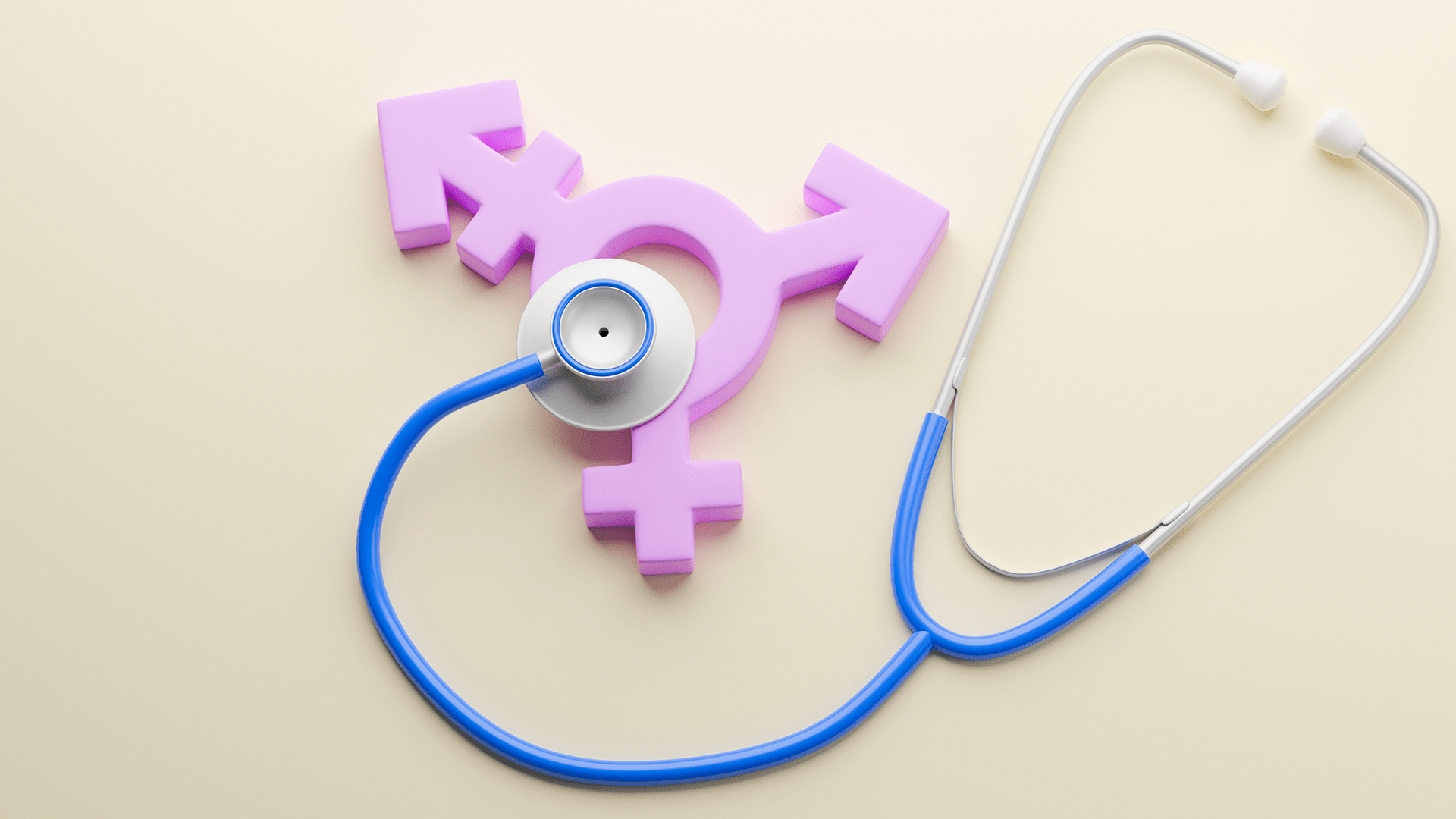
Video Description
As more states ban procedures for transgender teens and even adults, what are they really trying to stop? Almost 2% of U.S. high school students identify as transgender, and a growing number are being diagnosed with gender dysphoria, according to a study by the CDC. What is gender-affirming care, and who needs it? As more people are treated with puberty blockers and hormone therapy, there is growing debate over the guidelines on how to conduct assessments and provide appropriate care. Joined by author and LGBTQ+ advocate @jackisnotabird , Alok and Sheena talk about the current and future state of trans healthcare. (Uploaded 06/22/2022)
Recommended by Barbara: Here’s Why
“As someone who deeply understands the challenges of finding one’s identity in a world filled with rigid expectations, I believe this video offers valuable insight for young people and anyone questioning their gender, regardless of age. Gender-affirming care may be discussed here in the context of minors. Still, the underlying theme is universal: the importance of aligning your outer self with your inner feelings.
I would suggest this video because it encourages you to think critically about your journey, even if you’re no longer young. The complexities around psychological evaluations, medical interventions, and informed consent are worth reflecting on at any stage in life. Watching this video can help you better understand the role these medical choices might play in your life and encourage you to ask: ‘What personal and medical steps do I need to take to live in alignment with my true self?’ It is about taking control of your story and understanding the right care for you.”
Outline Of Video
Growing Numbers and Mental Health Risks (00:00-00:28)
- Almost 2% of U.S. high school students identify as transgender, a growing number.
- Transgender and non-binary teens are four times more likely to suffer from mental health issues compared to peers, often feeling isolated or bullied.
Debates on Gender-Affirming Care for Teens (00:28-03:54)
- Gender-affirming care like puberty blockers, hormone therapy, and surgery can improve mental wellness, but many states ban such care for teens.
- The debate focuses on whether teens can decide for themselves and the need for psychological evaluations before receiving care.
Puberty Blockers and Their Medical Implications (05:24-07:52)
- Puberty blockers halt hormone production and pause puberty, providing time for teens to decide on physical interventions later.
- They are reversible when used for short periods (1-3 years), but long-term use (over 5 years) can impact bone density and growth.
Gender-Affirming Hormones and Surgery (08:13-09:47)
- Hormone therapy helps transgender individuals align physical traits with their gender identity.
- Surgical procedures, such as top and bottom surgery, are available but are expensive and often not covered by insurance.
Legal and Social Challenges in the U.S. (10:34-11:19)
- As of March 2022, 15 U.S. states have considered or enacted laws restricting access to gender-affirming care.
- Some states have launched investigations into whether providing this care constitutes child abuse, particularly concerning puberty blockers for minors.
Journaling Prompts
Here are three journal prompts inspired by the topics addressed in the video that you could reflect on:
- How do I personally define and experience gender identity, and how does it align or conflict with societal expectations of gender?
Reflect on how your gender identity fits or challenges traditional gender roles and expectations. How has this impacted your mental well-being and sense of authenticity? - What role do self-acceptance and external validation play in my journey towards gender alignment, and how do I balance these influences?
Explore the importance of being seen and validated by others versus your internal sense of self. How have these dynamics shaped your path toward gender expression or affirmation? - What are my thoughts on medical interventions like hormone therapy or surgery in achieving gender congruence, and how do I feel about the associated challenges (such as access, cost, and long-term effects)?
Consider how gender-affirming medical care factors into your journey. Reflect on the barriers or supports you’ve encountered and what it means for your future plans.
Take The Next Step In Your Journey
As you reflect on the insights from this video and Barbara’s guidance, remember that the journey toward self-acceptance and authenticity is ongoing. Whether you are just beginning or have been on this path for some time, there’s always room for growth and understanding.
Feel inspired? Share your reflections on our Patreon community, where we dive deeper into these topics with exclusive content, personal stories, and supportive discussions. Don’t hesitate to take those first steps toward building a life that aligns with who you truly are.
Join Us: If you found this video helpful, consider joining our growing community by subscribing for more content like this. Together, we can navigate the challenges and celebrate the victories in our journeys of self-discovery.
Stay Connected: Be sure to follow us on social media for updates, behind-the-scenes content, and discussions with our mentors. Your voice matters, so leave a comment, share your thoughts, or ask a question below.
Become a Part of the Conversation—We’re all in this together!
About PBS Vitals
PBS Vitals is a health and wellness series hosted by Dr. Alok Patel and nurse Sheena Williams. In it, they explore various medical topics and offer science-based insights to help viewers better understand their health. The channel goes beyond traditional health discussions by addressing contemporary issues, including gender-affirming care, mental health, and other pressing medical concerns like COVID-19 vaccines and mental health therapies.
This video is part of their broader goal to tackle complex topics in a balanced and approachable manner. They aim to inform and debunk myths about controversial healthcare issues. By focusing on evidence-based guidance and expert opinions, PBS Vitals seeks to make important health conversations more accessible to the general public.
The channel delves into the medical and social debates regarding gender-affirming care, making it relevant to minors and adults exploring their gender identity. This video fits well into their broader series, which includes discussions on mental health, body modification, and healthcare accessibility.
You can find more videos on various health-related topics through their YouTube channel.

Barbara Gustine
Raised in a deeply traditional family, Barbara spent years struggling to fit into a mold that never felt like her own. It wasn’t until she stepped outside of societal expectations that she began to discover who she truly was, offering hope to anyone questioning their identity.
“Hi, I’m Barbara, and I grew up in a traditional family where I always felt like I didn’t quite belong, constantly questioning who I was supposed to be. It wasn’t until I broke free from those expectations that I truly began to understand myself, and I believe everyone deserves that same freedom.”



Leave a Reply